12 Extremely Successful People Reveal How They Find Talent
Virgin Chairman Richard Branson: Hire for personality first, and look at qualifications last.

Sallie Krawcheck: Look for people who make you somewhat uncomfortable.
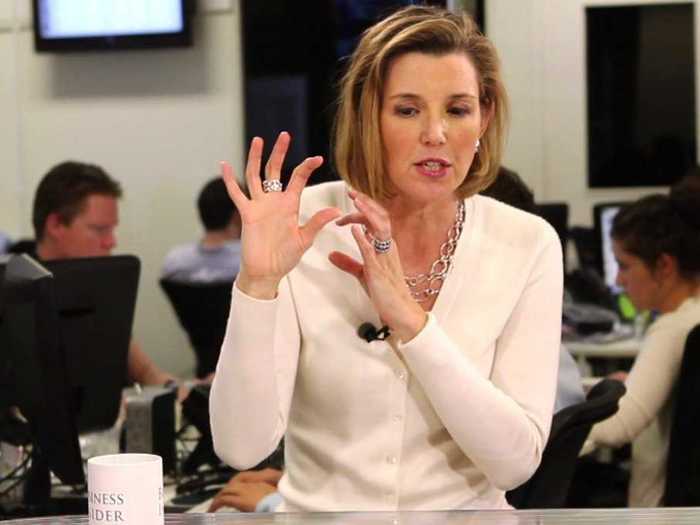
I don’t look to put the best person in the job. Instead I look to put the best team together ... and that can be a very different exercise.
.... Greater diversity of thought, perspective and background has been shown to lead to greater innovation and superior financial results. So, when I hire for a management team, I try to avoid hiring all point guards.
This means that I look for people who make me somewhat uncomfortable. I look for people who are different from me, who hold different views than I do, who have different areas of expertise than I do. I look for people from whom I learn in the interview. I look for people with qualities and backgrounds that are additive to — rather than the same as — the rest of the team. Hiring in this way may make the workplace less “comfortable” for the team, but that is exactly the point.
Read the full post at LinkedIn
Executive Recruiter Jim Citrin: If your company is in trouble, go with an outsider at the top.

When companies are in a crisis or need of a fundamental strategic shift, outsiders turn out to have a greater likelihood of achieving top performance than insiders. This too makes sense as outsiders by definition represent change, are not beholden to a culture or strategy that led to trouble in the first place, can question assumptions that have long been taken as givens, can bring sorely needed new skills, and can act as a catalyst for ambitious change.
As Microsoft and other companies consider their leadership succession, they would do well to keep the following two principles in mind:
-
The same person can be a raging success in one situation and an abject failure in another. Therefore the most important consideration in hiring is diagnosing the situation, assessing what is required for success, and then finding the best match for the circumstances.
-
If the situation calls for a leader from the outside, understand that the best executives will require some combination of “push” and “pull” to make the move.
Read the full post at LinkedIn
ZocDoc CEO Cyrus Massoumi: Search for talent in unexpected places.
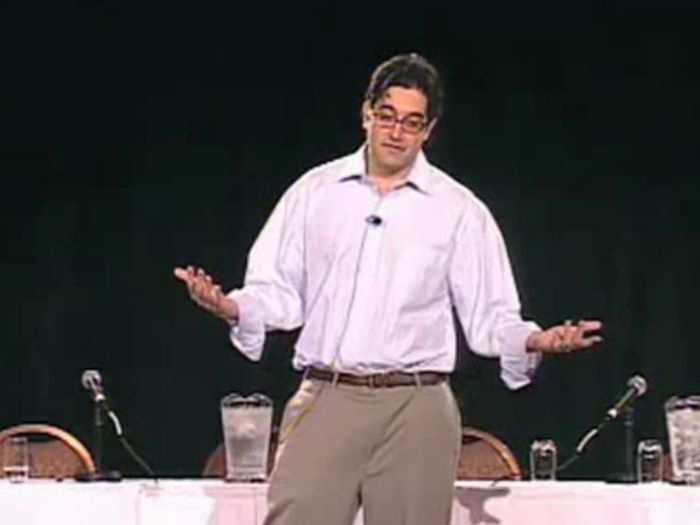
Anyone who’s built up a company has seen it happen. That person you hired a couple months ago — the one with an incredible resume — flames out. It just wasn’t a good fit. Meanwhile, another new hire — the one with zero direct experience — is growing every day, taking on new responsibilities, and quickly becoming a rockstar. We all know experience doesn’t guarantee success when you bring on a new teammate. It just doesn’t. At best, it’s a rough correlation. But the good news is that you can (and should) do something about it. That’s where I think a lot of CEOs go wrong.
If you agree that direct experience isn’t always a requirement, how should you operationalize this fact in your hiring process? Start with the assumption that great people are everywhere, but they may not have found their passion. Or they may know their passion, but they haven’t gotten a foot in the door yet. They’re hiding in plain sight, and it’s your job to learn to recognize them.
Read the full post at LinkedIn
RedHat CEO Jim Whitehurst: Look for intellectual curiosity and people who are different than you.

When I’m speaking to a candidate, chances are they’ve already been extensively vetted. They likely have the skills and experience required for the position, and they fit our work culture. As a result, there is not much to be gained by having me test them on these areas.
Instead, after years of interviewing candidates for a wide variety of positions, I focus my time with them on determining two things:
-
Do they posses the characteristic I value the most on my teams: intellectual curiosity, and
-
Are they different from me?
How do I determine if candidates have this intellectual curiosity? When I interview candidates today, I find myself asking questions to help me determine if they understood their previous company’s challenges? If not, why not? I find that people who are curious, and who care about their companies and industries can grow their roles become company leaders. I want those people.
Read the full post at LinkedIn
Warby Parker Co-CEO Neil Blumenthal: Invest in relationships and be patient.
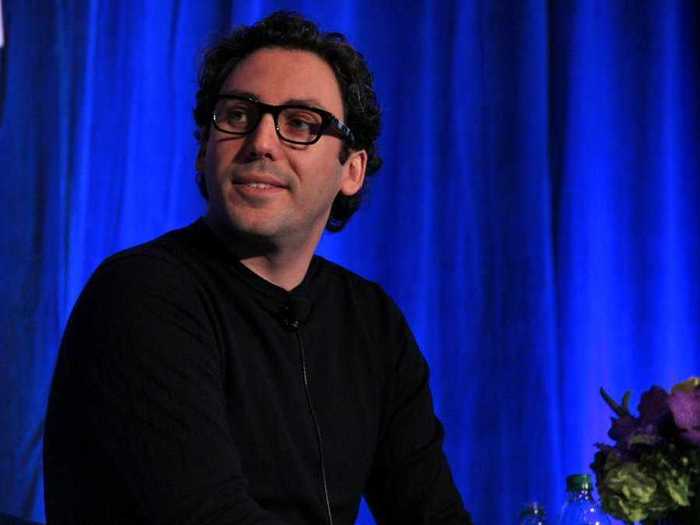
When it comes to hiring, slow and steady wins the race. Recruiting is much like fundraising — you don't want to jump the gun with your ask. There are a couple reasons for being patient. First, you're more likely to get an offer accepted when you've taken the time to build up a relationship with a person. Second, you're more likely to make the right decision about a hire when you have plenty of data at your disposal — and by "data" I mean weeks, months, or even years of interactions with a person.
...In order to play the long game in recruiting, of course, you need to keep a few things in mind:
1. Stay ahead of the hiring curve. If you wait until the situation is desperate, your choices will be severely restricted. Any leader needs to think ahead and plan for both the best-case scenario and downside scenario.
2. Good people are hard to find, even in a recession. The best people are always sought after — and rarely looking for jobs.
3. Set sights high. A-players perform at an A-level and hire A-level people. B-players perform at a B-level and hire at a B or C-level. There are longterm ramifications to making suboptimal hires that often aren't visible until months or years later, by which time it's extremely difficult to course-correct.
4. Know the identity of your company, and actively share that identity. This will help potential hires to self-select in or self-select out.
5. Finally, invest time in building relationships — and always be recruiting.
Read the full post at LinkedIn
Hearsay Social CEO Clara Shih: Proactively seek out nontraditional candidates, and create positions for them.

Traditionally, many recruiters and hiring managers start by looking for direct, relevant experience when scanning resumes to match the skills required for an open position. While it's one aspect to consider, this alone misses the broader set of qualities required in key hires to build a successful company and culture.
Many companies will say that they are open to hiring people with unique, nontraditional backgrounds. I would argue, however, that there is tremendous value in not just being open to this idea, but actually proactively seeking out nontraditional candidates. Whether a company is large or small, diverse backgrounds and experiences make for better business decisions by fostering healthy debate, more ideas, new perspectives, and increased innovation.
At Hearsay Social, we’re always actively seeking non-obvious hires who have other key qualities beyond direct experience. Furthermore, we regularly invent positions whenever we connect with smart and creative people who don’t necessarily fit a traditional career trajectory.
Buzzfeed COO Jon Steinberg: Don't hire someone who's slow at responding or unpleasant in the negotiation process.
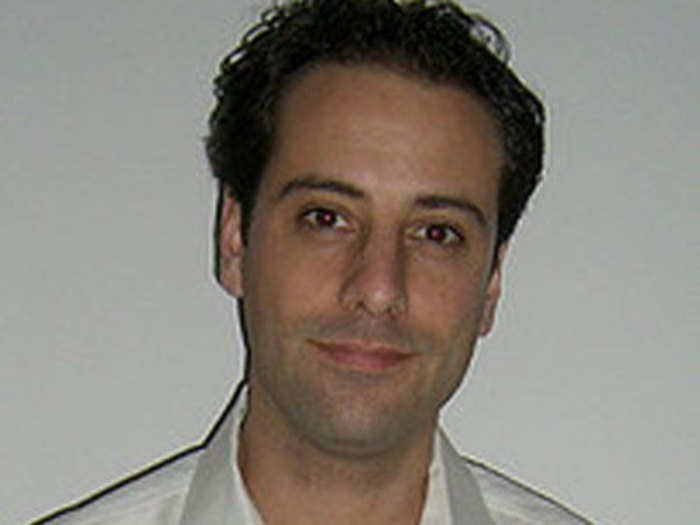
The process of negotiating and hiring someone is a microcosm of what your working relationship with them will be. If you are having fun and like the cadence of hiring and negotiating with someone that you are recruiting, you will love working with them. If you find the person slow to respond, uninspired in their responses and ideas, or unpleasant in negotiations, let me assure you: it never gets better. In courtship, you see the best of the person. In negotiation, you see how the person works and competes. In sample work, you see the best of how the person problem solves and ideates.
In the interview and hiring process there should be lots of thoughtful conversations and insightful solutions to various problems. People have all different kinds of styles. The key is that hiring process should showcase how you'll collaborate in the future. This goes as much for the applicant. If you find the person recruiting you to be out of sync with you, that won't change.
... If you are interviewing or negotiating with a new hire, and you like them more and more, you are making a good hire. The back and forth is even more important that the actual “interviews.” If you are having a difficult hiring process but think it will be great “when they person gets on board and this hiring is behind us” let me assure you: It never gets better. How it is, is how it will be.
Read the full post at LinkedIn
Randi Zuckerberg: Hire people you think will be a good boss someday.
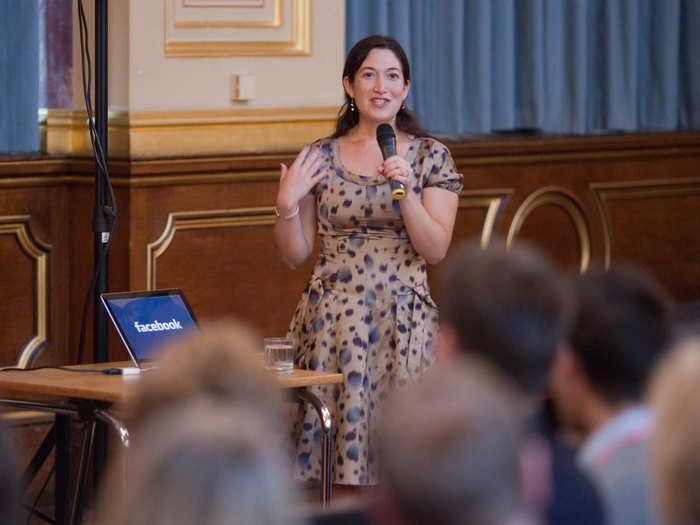
Obviously, I’m looking for a great, well-qualified candidate, but just as important is their desire to work for my company specifically. It's obvious when someone who comes in for an interview has read some of my articles, Googled me, knows my background, and can ask educated questions about it (without seeming overly stalkerish/creepy). It makes me feel special, like they really took the time to do their homework. You'd be surprised how few people do this. An enthused and passionate hire will jump right in and start making a difference in the company from Day One.
Another thing I keep in mind when hiring is whether this person would be a good boss someday. Could I see myself ever happily working for them? This means I want anyone I bring onto my team to be someone I can learn from, someone who inspires me, someone I can see taking the company to the next level. Someone I can trust. Someone who I believe will go far in their career down the road, even if they are an intern or associate now. If they offer a great suggestion in the interview, or an idea I actually want to implement, I’m much more likely to want them on the team.
Read the full post at LinkedIn
SurveyMonkey's Dave Goldberg: It's all about the references.
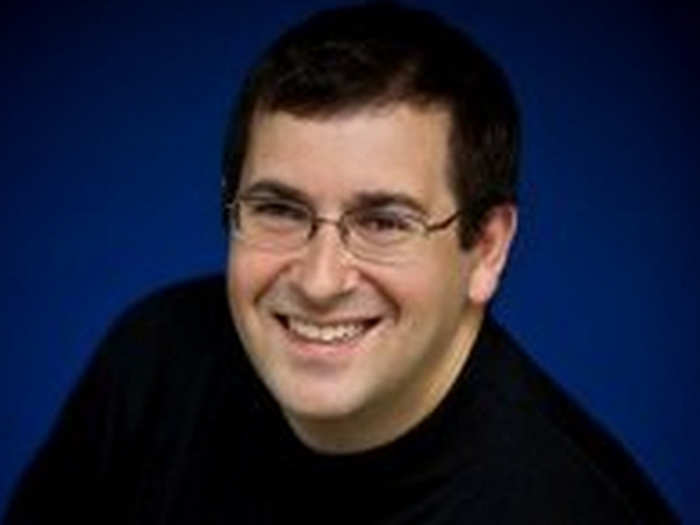
Interviews can be deceiving and confusing. When you meet a candidate in person, you can get a lot of false positives. The candidate is on her best behavior, well prepped and aiming to sell you on herself as a great hire. Often, you will find yourself enjoying your conversation enough that you get persuaded to hire someone who really isn’t the right fit for the role. That is why I believe interviews are for weeding people out but real references are the best barometer for making a job offer.
If we didn’t have that direct reference to talk to, I used LinkedIn to find people who had worked with the person. Each role was different but some things were universal. I needed people who could flourish in a startup like culture but could also understand how to scale. Would he be willing to do his own work or did he just view his role as a manager, telling others what to do? How did she solve scale problems when they occurred? You can ask candidates those questions but it is much more valuable to understand how the person actually behaved in real situations.
Cultural fit is also important and impossible to figure out in an hour interview. How does the person work with peers, manage people and deal with stress? You can ask your real reference those questions; get past the “pretty persuasion” of the interview.
Read the full post at LinkedIn
Bloomberg's Editor-At-Large Tom Keene: Always interview a new hire over food, and no one cares where you went to school.
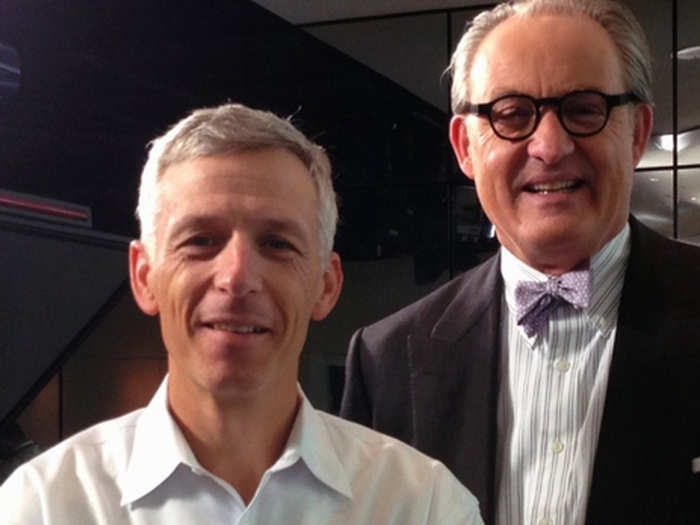
Breakfast, lunch, dinner or high tea, it is amazing how important it is to observe someone out of the office, breaking bread.
When it comes to hiring, Keene says he listens to everything Ted Fine, head of programming at Bloomberg, says. Here's what Fine had to say about hiring:
I want smart people who want to learn. It doesn't matter who you know, where you went to school, or where you grew up. It does matter what you know, what you read, and what you watch.
I want people who have an edge. When I meet you for the first time, you should have an opinion about Bloomberg Television. I am most impressed by the things you don't like (tell Tom Keene that's a Type II construct). This is a business network, so let's talk about business stories. You probably should know a few things about me too.
I want people who want to work hard. This is a newsroom. We don't open at 9 and close at 5. You will be asked to work at 2 in the morning and on holidays. If that gives you pause, don't work here.
I want people who want to have fun. This place is intense. It's stressful. Sometimes we even yell at each other. But then we laugh too."
Read the full post at LinkedIn
IDEO's Tim Brown: We want hires who are smart, talented, and have great emotional intelligence.

The success of our company depends upon hiring people who are not only smart and talented, but who also have great emotional intelligence. We look for insatiable curiosity, irrepressible optimism, deep empathy, and those who play well with others. (Lone geniuses need not apply!)
Here are other top qualities Brown looks for:
1. They say “we” more than “I” when recounting accomplishments. If they’re generous with giving others credit, I know they’re team players and will accept feedback.
2. They talk about failures, not just wins. If you’re trying to bring new ideas into the world, you’re going to fail…a lot. How you recover and learn from pratfalls is the true test. Or as we say: “Fail often to succeed sooner.”
3. They've spent time teaching as well as learning. Having an advanced degree shows diligence and mastery. Teaching shows you’re committed to making others successful, too.
4. They’re nice to the receptionist. When the interview is over, I check with whoever’s manning the front desk to see how the candidate acted upon arrival. Were they polite and friendly or did they treat the receptionist poorly? If it’s the latter, I know they only relate well to those in their perceived social group. Not very empathic or human-centered.
5. One final note about how we hire. We believe in asking for forgiveness, not permission. This goes for the job application process, too. Turning in a standard-issue résumé and cover letter won’t turn heads. Candidates who have wowed us have taken creative license and gone the extra mile to demonstrate their capabilities and passion. They’ve made video portraits, designed custom apps or, in one case, brought turntables connected to a dancing robot for an impromptu DJ set.
Read the full post at LinkedIn
Need more professional advice:
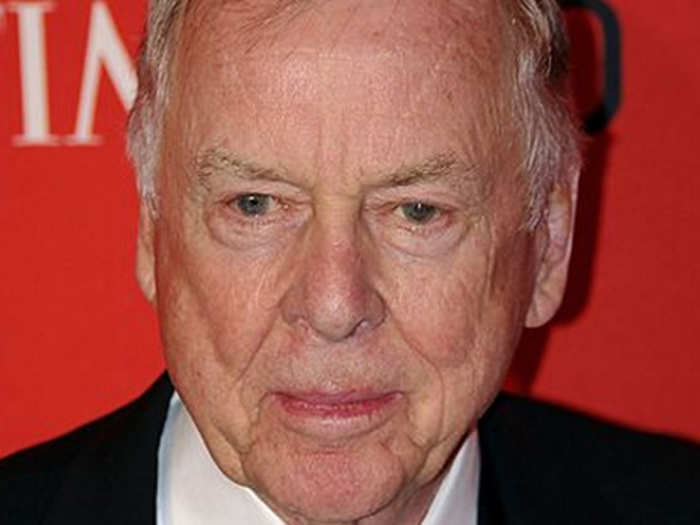
Popular Right Now
Popular Keywords
Advertisement